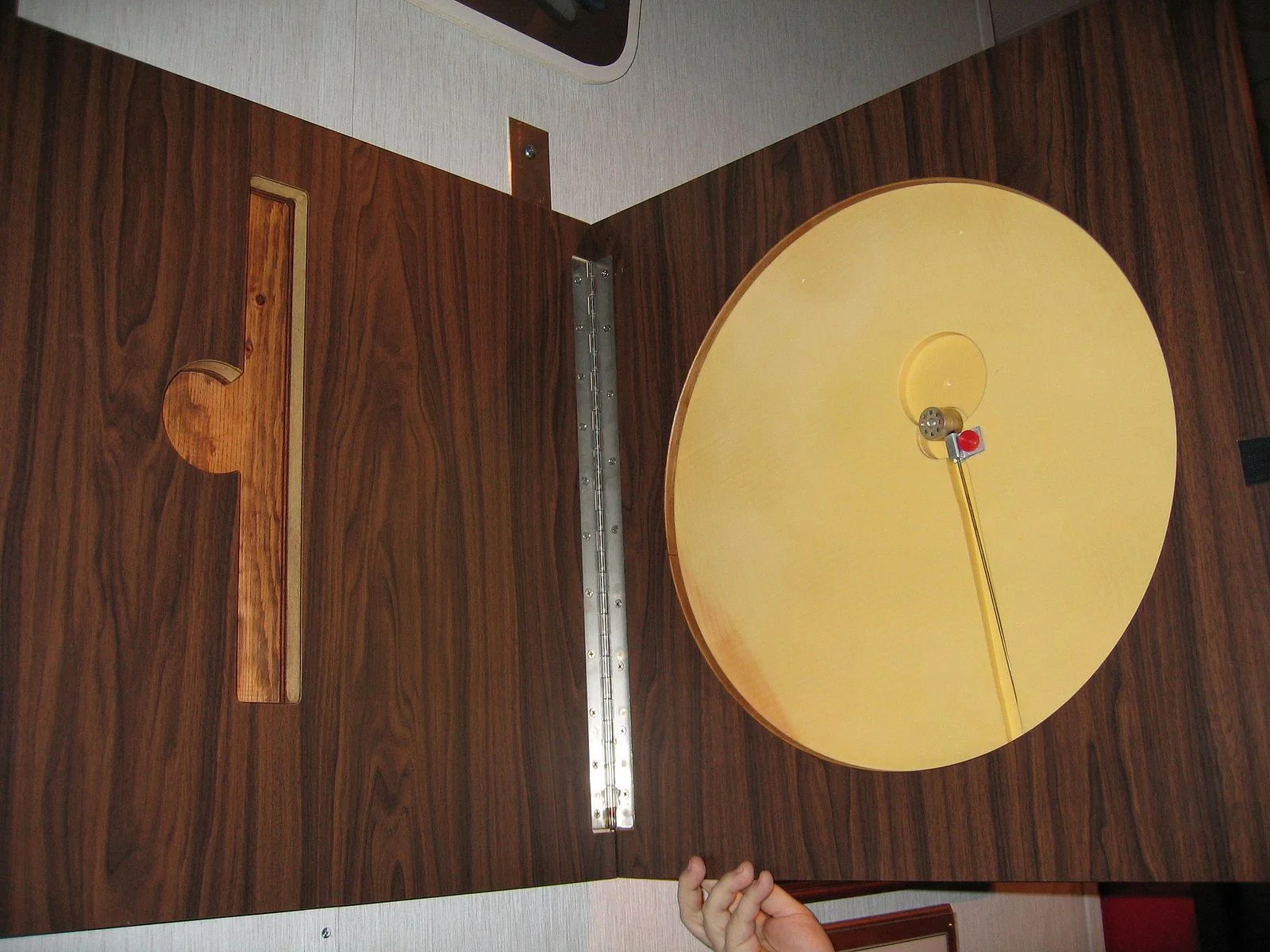Introducing the first Brain Bubblegum ‘Gumdrop’ - a short, bite-size episode format that chews over ‘where stuff comes from’. For our first gumdrop episode, I think it’s appropriate that we ruminate over the origins of … well, gumdrops!
Podcast!
Brain Bubblegum has broken free of its text-based shackles and has launched an assault on your ear holes! Listen now, or subscribe via Apple Podcasts, Spotify or Stitcher.
Our first podcast episode! The origins of bubblegum
In our very first episode, we chew over the origins of bubblegum, starting with the Pre-Chicle era, the Chicle era, the Wrigley era, and finally the Bubblegum era.
We cover a few fun facts about chewing gum and bubblegum, finishing with our listener fact - from Paul.
The #1 restaurant that never existed
In November 2017, exclusive 'by appointment only' restaurant 'The Shed at Dulwich' hit #1 on TripAdvisor's top-rated London restaurants. It was a literal garden shed in suburban south-west London. Writer Oobah Butler created a website with faked food photos and used paid-for reviews to build up the 'restaurant's' reputation.
Trapped... in your own reality show
Psychological delusions are scary for their sufferers, but life can be a nightmare for sufferers of the Truman Show delusion. Named for the 1998 movie, sufferers believe their lives are staged reality shows, or that they are being watched on cameras. One sufferer travelled to NYC after 9/11 to see whether it was real or just a staged plot twist in his reality show.
Shtop that or you'll feel my fisht!
When Sean Connery was 26, he got into an argument with four men at a night club who were giving some girls a hard time. He single-handedly beat up all four men while the then 23-year-old Michael Caine held his coat.
Tanks a lot
Finland developed the ‘Molotov cocktail’ during the 1939-40 Winter War to attack Soviet tanks in response to Soviet foreign minister Vyacheslav Molotov declaring on state radio that bombing missions over Finland were humanitarian food deliveries. In naming their improvised fire bomb, the Finns called it the ‘Molotov cocktail’ - “a drink to go with the food".
And IIIIIII...
In 2013, American Airlines flight from Los Angeles to New York made an unscheduled stop at Kansas City, Missouri. The reason? A passenger refused to stop singing Whitney Houston’s ‘I will always love you’. When leaving the plane in handcuffs at Kansas City, passengers heard one final “And IIIIII...”
The first name we know
Until writing developed in Mesopotamia (modern-day Iraq), there was no record of people's names. The first person in history whose name we know is 'Kushim', an accountant. Around 3200BC he signed a receipt on a clay tablet which read "29,086 measures barley 37 months Kushim".
Showed him...
Glenda Blackwell of North Carolina was sick of her husband wasting money on lottery tickets. So on 24 October, 2016 when her husband asked her to buy Powerball tickets, she bought a $10 Carolina millions scratch-off ticket instead to spite him and prove they're a waste of money. She won $1M.
A fart in a jar goes far
Before the germ theory of disease, humans had interesting ways to 'prevent' illness. For example, during the Great Plague of London (1665-1666), 'doctors' advised people to keep foul-smelling remedies to breathe in when exposed to infection - diluting the 'bad air' with something as potent. And the quickest way to keep something smelly on hand? Store your farts in a jar.
Accidental genius to a T
While most people might associate tea with the British, it was an American who invented the tea bag in 1908, and entirely by accident. New York tea merchant Thomas Sullivan, decided that it was cheaper to send small samples to potential customers in silk bags instead of boxes. Some assumed that the silk bags were supposed to be used in the same way as metal infusers, putting the entire bag into the pot rather than emptying the contents. Customers soon started specifically requesting more of Sullivan’s ‘tea bags’.
Mayhem, murder and meth
On 1 February, 2003, the Space Shuttle Columbia broke apart on re-entry, tragically taking the lives of its seven crew. Accident investigators were so thorough that not only did they collect 84,000 pieces of debris across Texas and Louisiana, they also found several murder victims and a handful of meth labs.
Hat trick
In 1858, while playing for the All-England 11, English cricketer HH Stephenson took three consecutive wickets in a match against Hallam in Sheffield. As was customary at the time, fans had a collection for Stephenson and then bought him a hat to honour his unique feat. The 'hat-trick' as it became known, was soon adopted by many other sports.
The oldest trick in the book
It might seem like just a saying, but if you count papyrus, there's an actual 'oldest trick in the book'. The 18th-16th century BCE Westcar Papyrus tells the story of King Cheops (of Great Pyramid fame) calling for the magician Dedi. Dedi 'pulls the heads off' a goose, a duck, and an ox and restores them to life - a magic trick that is still performed today.
The Great Seal secret steal
On August 4, 1945, a group of Soviet schoolchildren presented a replica of the US Great Seal to US Ambassador W. Averell Harriman as a 'gesture of friendship' to the USSR's World War II ally. It was a great opportunity for the Soviets to plant a listening device in the ambassador's Moscow office - and that's exactly what they did. It took seven years until the bug was discovered.
Would you like flies with that?
In December 2009, hospitals in the USA noticed a sharp increase in people presenting with salmonella poisoning. Curiously, the vast majority of new cases were in girls under 10 years old. However, it didn't take long for epidemiologists to make the connection. It was just after the release of the Disney movie, 'The Princess and the Frog'.
Ranga, ginger ninja, fanta pants...
Ever wondered why we call people with ginger locks ‘redheads’, when their hair is clearly orange? That’s because English didn’t distinguish between red and orange until the 1540s, and we’d been using the word ‘redhead’ since the mid-1200s. So what came first, the colour or the fruit? The fruit arrived in England in the 1300s (via Italy), but it took over 200 years for orange to become both a colour and a fruit.
The deadly Whoopee Cushion
It's hardly surprising that if you become a Roman Emperor at the age of 15, your sense of humour may be a little juvenile. Back in 218 AD, Syrian Emperor Varius Avitus Bassianus, also known as Heliogabalus, invented the first known whoopie cushion from animal bladders. Hilarious. He was assassinated by the time he was 18.
Hotel managers were over the Moon
Famous for destroying hotel rooms, Keith Moon from The Who was once in a limousine on the way to the airport when he insisted they return to their hotel, saying "I forgot something." At the hotel, he ran back to his room, grabbed the television and threw it out the window into the swimming pool below. He then jumped back into the limo, saying "I nearly forgot."




















